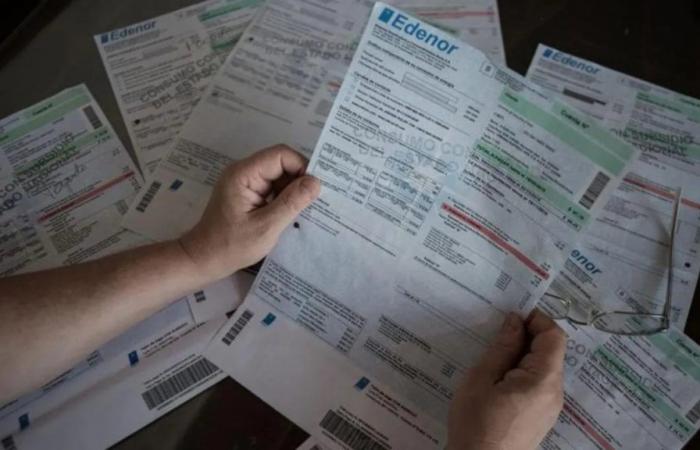The Government has decided to once again halt the increases in electricity and gas rates planned for July. In this case, the increase was intended to improve the margins of companies that provide regulated public services for the transportation and distribution of electricity and natural gas, and would have had an impact on household, commercial and industrial bills of around 2-3%.
On the other hand, the Minister of Economy, Luis Caputo, defined that he will apply an increase in taxes on fuels that is equivalent to a 1% impact on gasoline and diesel, which will be effective as of Monday, July 1.
Both measures seek to consolidate a process of inflation reduction, which was interrupted in June after 5 months (January-May) precisely due to tariff adjustments aimed at reducing public spending on subsidies.
On the electricity and gas side, the companies affected by the measure are Transener, Transba, Transpa, Edenor, Edesur, Transportadora de Gas del Sur (TGS), Transportadora de Gas del Norte (TGN), Metrogas, Naturgy, Camuzzi and Ecogas, among others. “We are going to have to drastically reduce our investment plan,” said the executive of one firm.
Between February and April, the government had signed agreements with the companies to drop judicial and administrative claims in exchange for raising rates and maintaining a monthly indexation formula based on past inflation, wages and construction costs. The first time that formula had to be applied, in May, it was postponed until June.
But by June, Caputo had ordered the Secretary of Energy, Eduardo Rodríguez Chirillo, to cancel that mechanism and start in July with a formula that incorporates projected future inflation to update companies’ income. That is what is being kicked back this time.
All in all, at the end of next month, electricity companies will have a delay in their rates close to 50% – the inflation accumulated since February – and gas companies, 25%. With this forgone income, part of the investment plan could be delayed.
The Government’s promise to the private sector is that before the end of the year it will convene the Five-Year Tariff Review (RQT), with which a 5-year investment plan will be defined in exchange for guarantees and certainties with tariffs. This year’s arrears will be offset going forward with larger increases that users will pay over 60 months.
On the other hand, fuels (naphtha and diesel) will have an increase next week, which will incorporate the monthly devaluation of the peso against the dollar (2%) and the tax increase (1 point more), so gasoline It will go up to at least $930 or $935 per liter in the City of Buenos Aires.
The remaining update of fuel taxes exceeds $100 per liter for gasoline and $80 for diesel, and will be applied throughout the second half of the year, starting in August, possibly in installments.
With these taxes, the Government seeks to recover tax revenues totaling 0.5% of the Gross Domestic Product (GDP) throughout the year, or the equivalent of 3 billion dollars, 10% of the fiscal adjustment proposed by Javier Milei.






